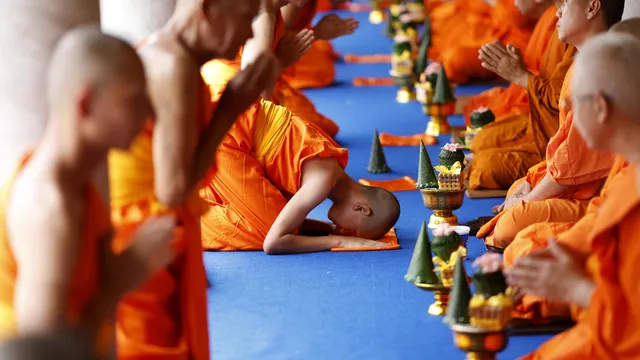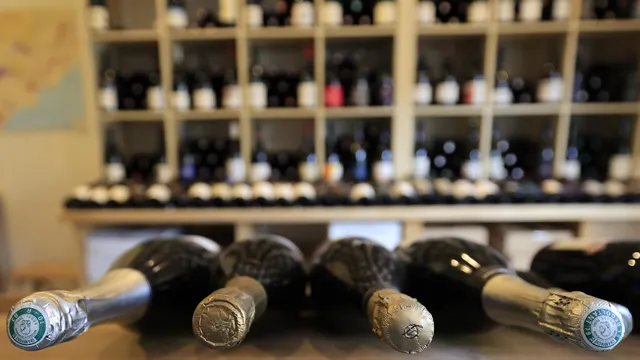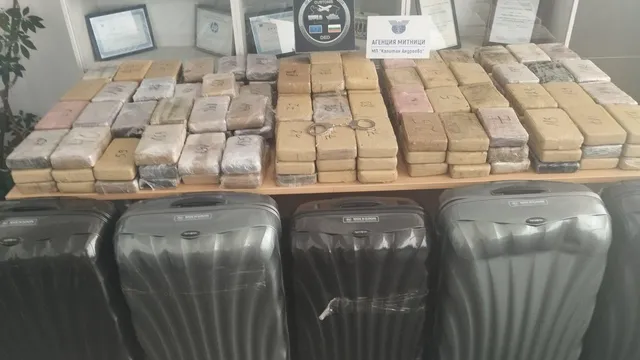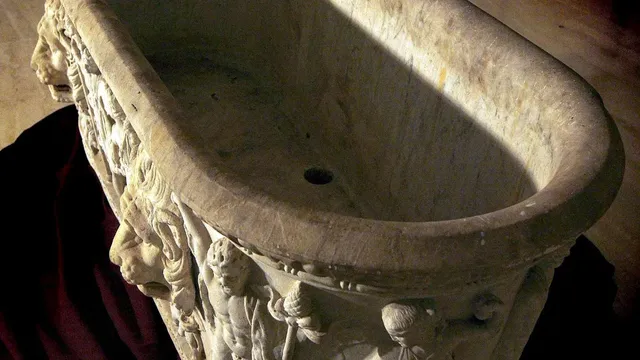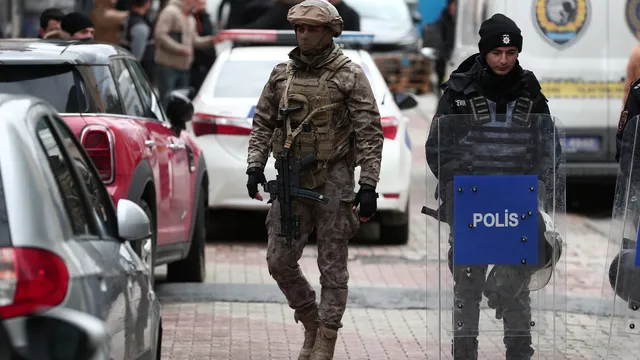The disappearance of a respected monk from a Buddhist temple in central Bangkok has uncovered a sex scandal that has rocked Thailand and raised questions about the money and power held by monks in the country, The Guardian reported. Investigations into the whereabouts of senior monk Phra Thep Wachirapamok led to revelations of alleged intimate relationships between several high-ranking clergy members and a woman who, according to police, blackmailed them in exchange for silence.
During a search of the woman’s home, Wilawan Emsawat, police discovered mobile phones containing tens of thousands of compromising photos and videos of the missing monk and other senior Buddhist figures. Her financial activity also showed links to multiple temples. According to police spokesman Jaroonkiat Pankaew, data from her confiscated phone included video clips and chats in the Line app involving several monks.
Phra Thep Wachirapamok has not yet been located, and no charges have been filed regarding his disappearance. Meanwhile, Wilawan has been arrested and charged with extortion, money laundering, and receiving stolen goods. She has not commented on the charges, and it is unclear whether she has legal representation. In an interview with Thai media, Wilawan admitted to having relationships with two monks and a religious teacher, and to receiving lavish gifts, including a Mercedes-Benz SLK200 and millions of Thai baht through bank transfers and a personal bank card. She stated she felt guilty because she had fallen in love.
Police claim that over the past three years, approximately 385 million baht (USD 11.9 million) have been deposited into her bank accounts. In a separate interview, she mentioned giving money to another monk with whom she had a relationship.
Stories of immoral behavior by monks are not uncommon in Thailand, but the scale of this case has shocked the public. The scandal has led to the dismissal and defrocking of at least nine abbots and senior monks. One of them has been accused of embezzlement and misconduct, claiming he borrowed temple funds to help Wilawan with a business venture.
“This is the first time I’ve seen a scandal like this,” said Paiwan Wannabud, a former monk of nearly 20 years, now an LGBT influencer. According to her, the case raises important questions about “money, power, and titles” that enable such behavior. In a commentary for the Bangkok Post, Sanitsuda Ekachai criticized the public reaction, which places blame on the woman while portraying the monks as victims. Another analysis on Thai PBS expressed gratitude to Wilawan for exposing deeply rooted abuses in the clergy.
Monks in Thailand receive monthly stipends ranging from 2,500 to 34,200 baht depending on their rank but also rely heavily on donations, which can reach significant amounts, especially for senior clergy.
In a separate case this month, the abbot of a well-known temple in Bangkok reported the theft of 10 million baht in cash and gold bars from his room. In response to the scandal, acting Prime Minister Phumtham Wechayachai ordered a review of existing legislation on monks and temples, particularly concerning financial accountability. The National Office of Buddhism proposed reinstating a draft law that includes penalties for actions undermining the prestige of religion.
In response to the crisis, King Maha Vajiralongkorn issued a royal order revoking previous decrees granting religious titles to dozens of monks. The Thai police have pledged to continue nationwide investigations and have created a Facebook page for reporting immoral behavior by monks.
Paiwan believes that faith in Buddhism will remain intact, but trust in the clergy is likely to suffer. “They got lost in their passions and desires,” she said. |BGNES

 Breaking news
Breaking news
 Europe
Europe
 Bulgaria
Bulgaria
